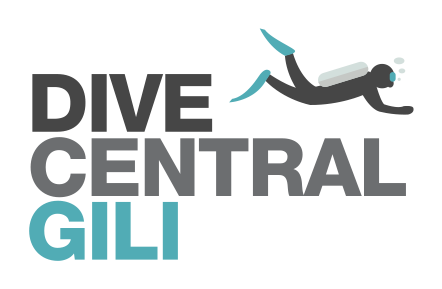Decompression Diving - not as dangerous as you'd think
What is the first thing you think about when someone says the word "decompression diving" ? Most people usually answer: "decompression sickness", "dangerous", "bubbles in the body" or even "lung over-expansion"... If you were to ask me, I would see it from another angle. From my point of view, decompression doesn't necessarily mean something bad. Decompression diving may seem more dangerous than recreational diving , but it actually represents a different way of diving altogether; therefore it broadens a diver's awareness and teaches them different diving procedures to follow.
If you look closer at decompression diving, it could actually be seen to be safer than recreational diving. In fact, an awful lot more planning goes into decompression dives than recreational dives. This extra planning decreases the chances for hazards to occur.
First of all, you carry more gas than you usually need for your dive, and always have spare equipment , which you wouldn't really carry with you on a recreational dive. By planing the dive, you anticipate any hazards that may occur during your time underwater and ensures that you have everything you need to handle a possible emergency.
Of course, diving deeper fro longer involves a higher risk of decompression sickness. This is due to the fact that your body reaches the point where it gets saturated by nitrogen and would require you to do a decompression stop on the way up. This is why you plan your dive before, to make sure you know the time you can stay at the depth in which you plan to go. You then act in accordance to your decompression time and perform your decompression stop safely on the way up.
Decompression dives, or technical dives permit you to extend your limits by pushing them, it is more challenging, giving you more experience and confidence under water.
50 years ago, diving was harder, not every one had the opportunity to do it. Today every one can dive if they want to. Recreational diving is much more accessible nowadays. Simply because they found a way to make it safer and easier. These days, technical diving tends to be much more accessible than it use to be as well. The equipment is easier to use, we have more knowledge about it. More and more divers go for this "advanced" way of diving, and by consequence I can say it's a "safer" way of diving.
How did I come to decompression dive? I've always been passionate about going deeper during my dives, the more the time passed, the deeper I wanted to go. I still don't really know why I love it so much, but i think I just love to see that big mass of water above me. It feels like you are cut off from the world and no one can reach you. After a while I went to the point I couldn't go deeper, my non decompression time was holding me back. I remember how frustrated I got when I physically could go deeper, but couldn't because I was already at my limit. This is how I got into decompression diving.
I started learning about it by myself at first; then did a few courses become certified and be able to go explore the depths that I'm attracted by. The first time I went to 55m will always stay in my mind. The silence you experience at that depth, and the feeling of being alone in your underwater world. I loved the feeling of adrenaline from being tied to a plan, you have to respect the rules if you want to go up 100% safe. It is something I truly love about diving.
My passion has always been recreational diving and teaching, but technical diving, especially decompression diving is the thing I like to do the most. Seeing someone meet their first shark or turtle, and the joy it brings them makes you feel it for them at that moment. Its the reason I love my job as a dive instructor. However, I orientate more and more into technical diving to reach my goal of becoming a technical dive instructor and one day reaching a depth that you can write with three numbers.
